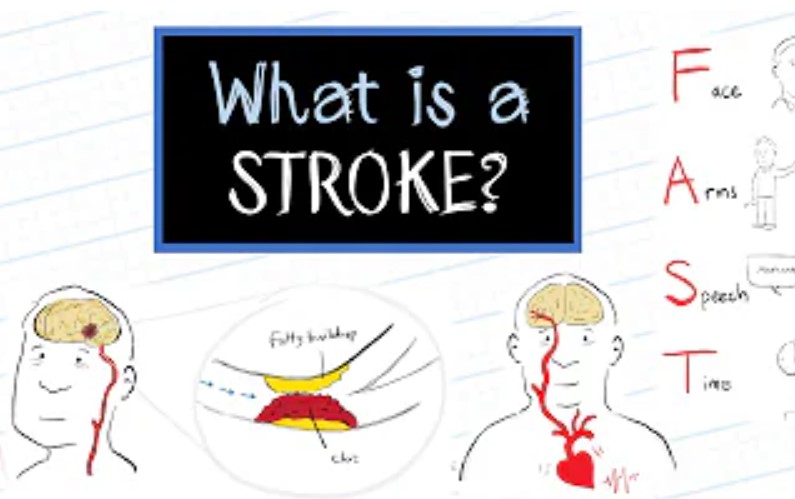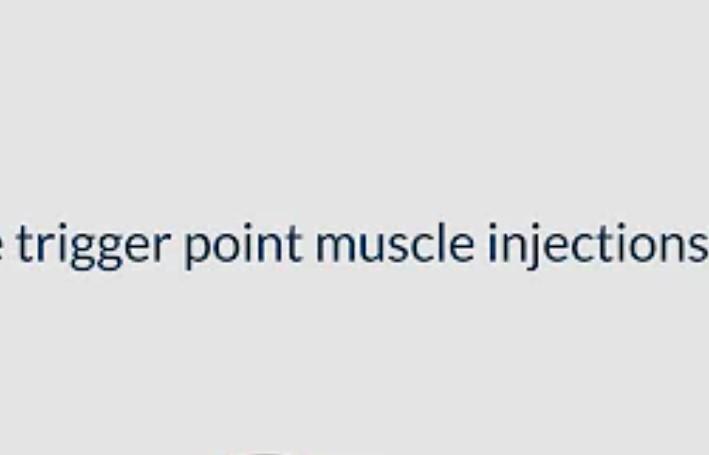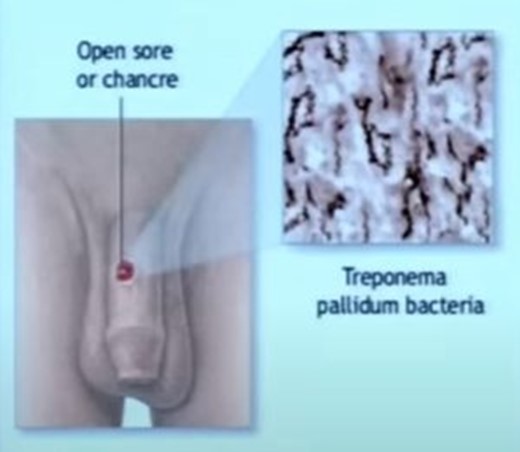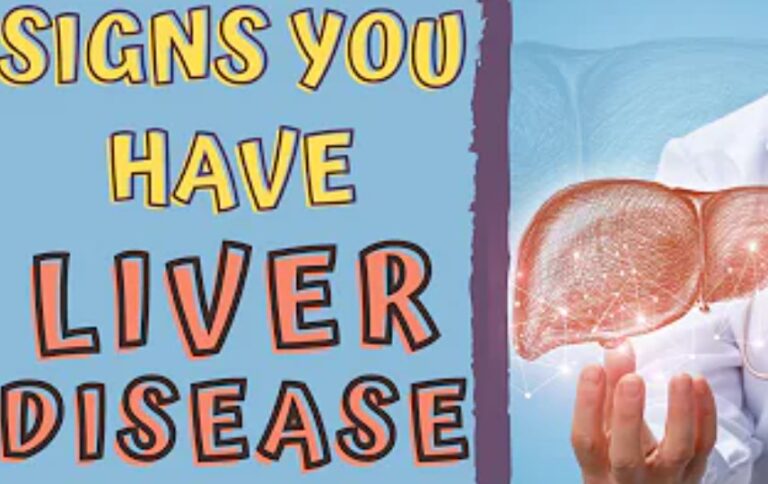What you need to know about Stroke
A lot of people hear about stroke all the time, when they go to the clinic, at the market, in movies, etc, but they do not know what a stroke is. Today, we are going to explain what a stroke is and how it occurs.
What is Stroke
A stroke is a medical condition in which poor blood flow to the brain causes cell death.
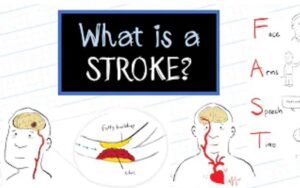
Types of Stroke
There are 2 main types: ischemic (no blood flow) and haemorrhagic (bleeding).
An ischemic stroke is typically caused by blockage of a blood vessel, though there are also less common causes. This commonly happens in those with diabetes.
A hemorrhagic stroke is caused by either bleeding directly into the brain or the space between the brain’s membranes. Those commonly happen in hypertensive persons.
Both types of stroke all lead to parts of the brain not working well.
Symptoms of Stroke
Signs & symptoms of a stroke may include;
- Loss of Sensation: the affected person would be unable to move or feel sensations (touch, pinch, heat, etc) usually on one side of the body
- problems with understanding or talking: The person would be staring at you while you are talking without understanding what you are saying. When they try to talk, they would be saying things that don’t answer your questions or don’t make sense. This is what some call slurred speech. Some would find it difficult to talk at all.
- loss of vision on one side: some persons after a stroke would not be able to see usually on one side.
- dizziness
The signs & symptoms often appear soon after the stroke has occurred. If symptoms last less than 1 or 2 hours it is known as a Transient Ischemic Attack (TIA) or mini-stroke. A hemorrhagic stroke may also be associated with a severe headache.
How Long does a stroke symptom last?
The symptoms of a stroke can be permanent. Those that last for just a short time are known as Transient Ischemic Attacks (TIA) or mini-strokes.
Complications of Stroke
Long-term complications may include pneumonia & loss of bladder control.
Risk Factors For Stroke
These are things that can increase your chances of developing a stroke. The main risk factor for stroke is high blood pressure or hypertension. It is responsible for the majority of cases of stroke. Almost 90% of individuals that have a stroke in our environment have been having high blood pressure which they may or may not know.
Other risk factors include;
- Obesity
- Diabetes
- A previous TIA
- Tobacco smoking
- High blood cholesterol
- End-stage kidney disease, and
- Atrial fibrillation (irregular heartbeat)
How do I know if I had a Stroke?
You can only know a stroke after it has happened, using the symptoms mentioned above and some investigations. To diagnose stroke, your doctor will typically do a physical exam on you & order medical imaging such as a CT scan or MRI. A CT scan can rule out bleeding, but may not necessarily rule out ischemia, which early on typically does not show up on a CT scan.
Other tests such as an electrocardiogram (ECG) & blood tests are done to determine risk factors and rule out other possible causes as low blood sugar may cause similar symptoms.
Any Questions? Ask below!!
